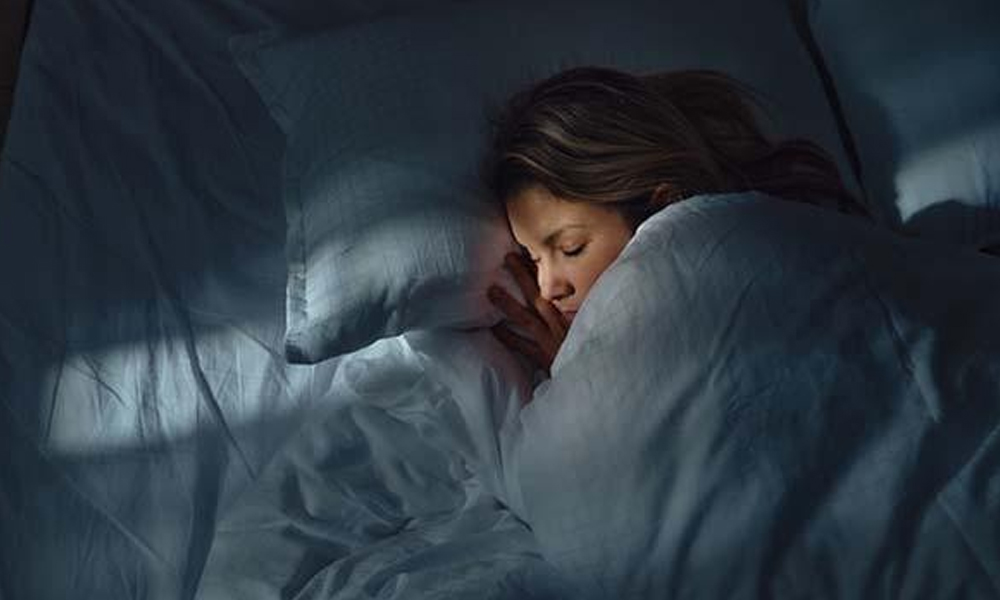If you regularly need more than 9 hours to feel rested, it may indicate a hidden health or sleep disorder
Digital Desk: While the effects of sleep deprivation on health are relatively well documented and established, including fatigue, irritability, and the amplification of the risk of developing chronic diseases, too much sleep may also be cause for concern. Oversleeping has been associated with various health complications such as type 2 diabetes, heart diseases, obesity, depression, severity of headaches, and even the increased risk of medically related death, among others.
But does too much sleep actually cause these problems? Not necessarily, says Dr. Charlene Gamaldo, a sleep specialist at Johns Hopkins Medicine. “It's more likely that being sick or having an underlying condition causes people to sleep longer,” she explains.
Adults typically need 7 to 9 hours of sleep per night. What can affect your health and cause a sleep disorder is the fact that you feel rested only when you have more than 9 hours of sleep regularly. Other disorders that may influence the quality of sleep include sleep apnea, restless legs syndrome, bruxism (teeth grinding), chronic pain, or medication side effects etc.
There are some disorders, such as idiopathic hypersomnia or delayed phase syndrome, that do not affect the quality of sleep but lead to the need to sleep more. The process of aging does not result in a considerable variation in the amount of sleep that you require, and you might, therefore, be having underlying health problems such as heart trouble, depression, or diabetes when you continually oversleep.
In case you frequently oversleep, discuss the problem with your healthcare professional. To eliminate disorders, they may recommend a sleep study. The National Sleep Foundation states that the length of sleep depends on age, where newborns requiring 14-17 hours, 7-9 hours in adults.
To put it shortly, oversleeping every night is not just your peculiarity, but it can be your sign of something more serious. Get checked up by a professional to help make sure that your sleeping habits are not covering up a greater issue.
























